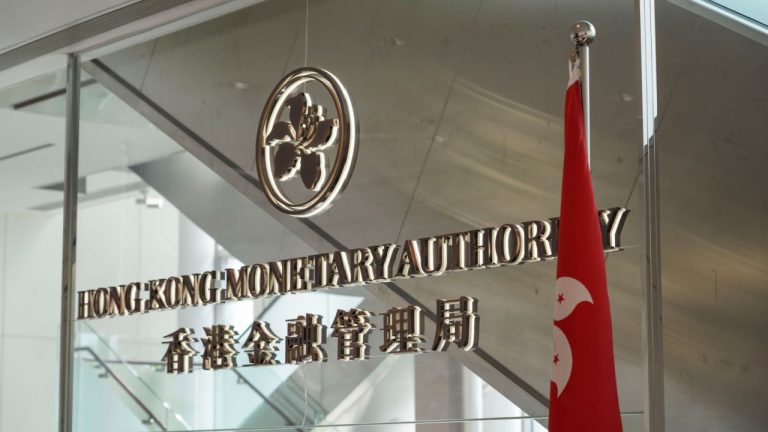
"Hong Kong’s 'one country, two systems' framework lets it explore digital asset innovation more freely," Ivan Ivanov told Cointelegraph.
Hong Kong has rapidly become a cryptocurrency hub, positioning itself as a center for financial innovation alongside the United Arab Emirates (UAE) and Singapore. Ivan Ivanov, global CEO of WOW Summit, said this innovation was fostered by a mixture of strong regulatory policy and Hong Kong's status as a special economic region.
Ivanov told Cointelegraph that Hong Kong's special relationship with mainland China and robust regulation allow Hong Kong to be a sandbox for financial and technical innovation, which benefits startups, nascent technologies, and institutional investors. Ivanov wrote:
The WOW Summit CEO added that Hong Kong's stablecoin policy, which requires issuers of stablecoins to acquire licenses and keep their fiat reserves in local Hong Kong banks, promotes trust and transparency in the nascent asset sector.










